Bulgaria’s capital Sofia has been a center for different cultures, nations and ethnicities since ancient times, which is mainly due to its strategic geographic location- a crossroad between Western Europe and the Middle East. The city’s complete transformation began after the Liberation of Bulgaria from the Ottoman rule in 1878 when it was declared capital of the Principality of Bulgaria. This decision was taken by the Constituent National Assembly at the suggestion of Bulgaria’s public figure Professor Marin Drinov. His idea was immediately supported by the rest of the Parliament’s members, because at that time everyone wanted to see Bulgaria expand to the West and its capital (i.e. Sofia) to be in the central part of the country.
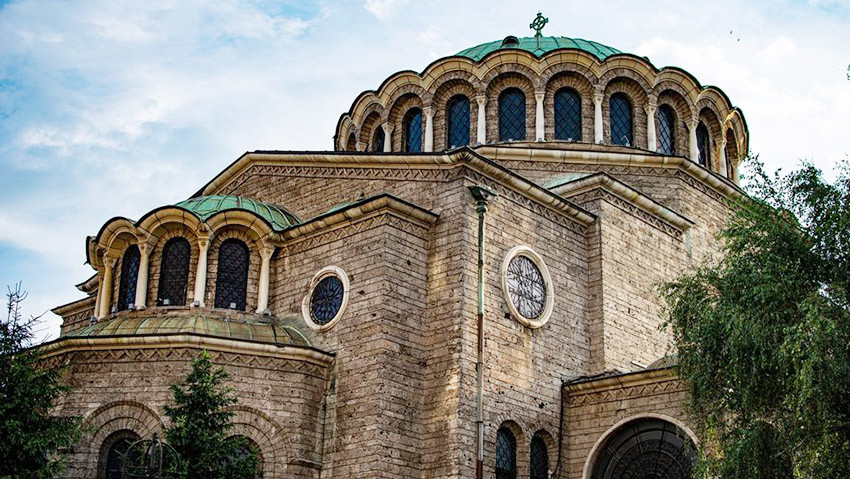
On the eve of the Day of Sofia marked on September 17, young Bulgarians remind this and many other interesting stories from the past of the Bulgarian capital. The route of their historical walk crosses many emblematic buildings downtown Sofia.

Those who decide to become tourists in their home town learn details about the current functions of these emblematic buildings, as well as about the lives of their predecessors. The organizer of the historical walk Petar Budinov told Radio Bulgaria details about one of the emblematic places in Sofia:
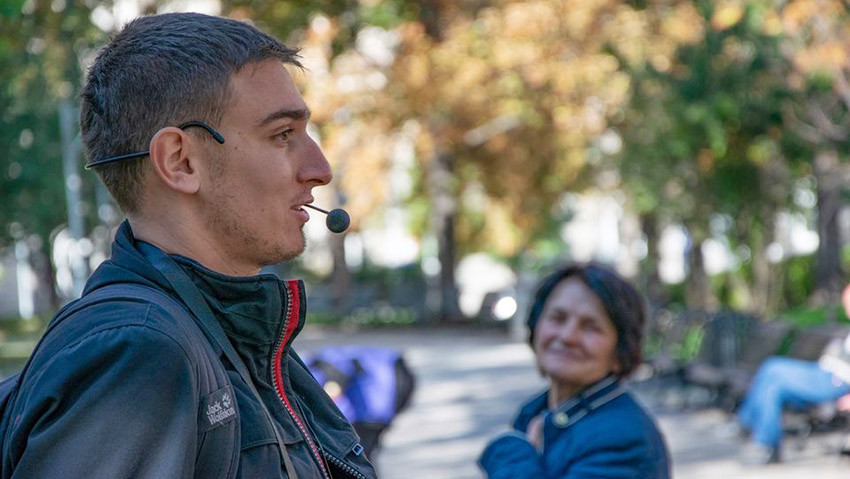
“”Before the construction of the Sofia University, there was another important and emblematic place in this area- the so-called Eagle’s Inn (Orlov han). This was one of the first buildings anyone entering the city through the emblematic Eagles’ Bridge would see. Most people coming from the East used to visit this place.

Today, this place is quite different from what it was in the past when there was a huge swamp only several meters away from the inn and every passer-by tried to go round it. The National Library was built few meters away from the old swamp on top of an old cemetery.”
The two-hour historical walk also pays special attention to the European architects who contributed to the urban development of the town and turned the small oriental village, whose population in 1878 amounted to just over 11,000 residents, into flourishing and vibrant capital city. Czech architect Antonín Kolář (the first chief architect of Sofia), as well as prominent Austrian architects Friedrich Grünanger, Hermann Helmer and Ferdinand Fellner were among them. Some of the buildings designed by these renowned foreign architects still adorn the central part of Sofia and other big Bulgarian cities. Over the years, the buildings became silent witnesses of a series of fateful decisions for the country.
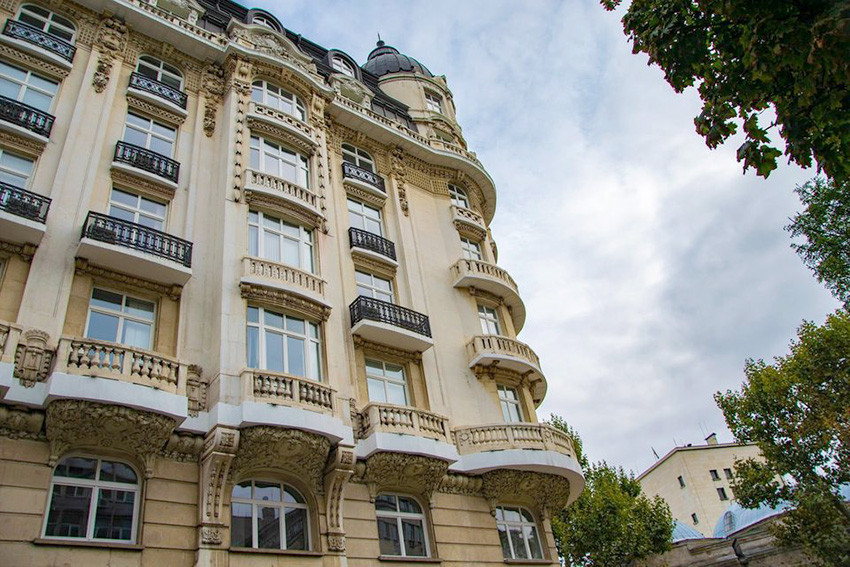
“The emblematic Royal Palace downtown Sofia looked completely different before and after the liberation of Bulgaria. The building which withstood all vicissitudes of time shows the progress the capital city has made in its development.
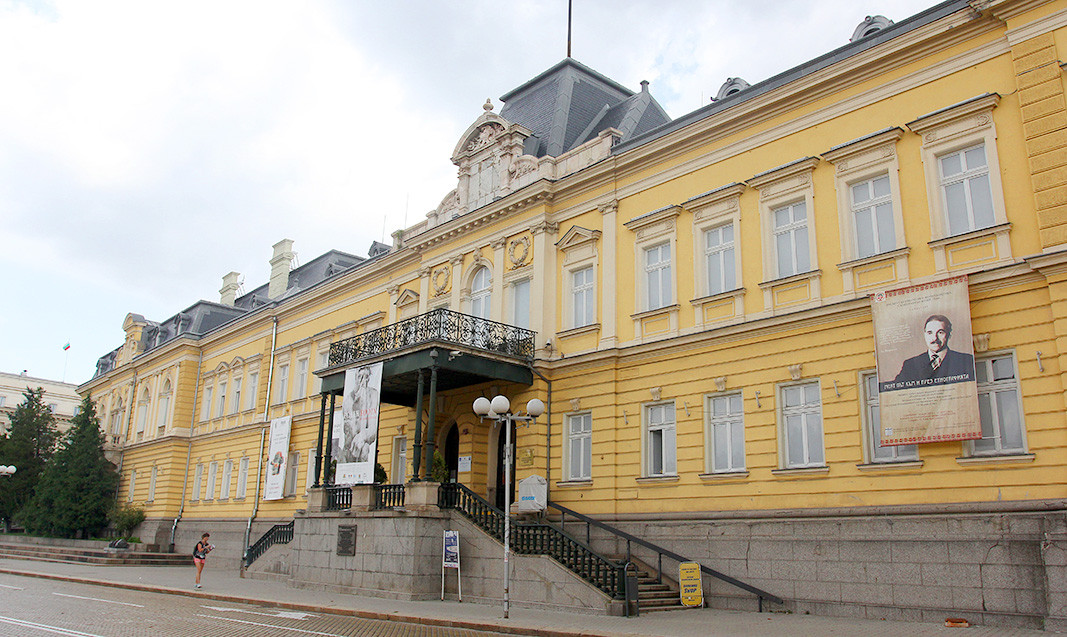
The Royal Palace initially served as Turkish konak where Bulgaria’s Apostle of Freedom Vasil Levski was sentenced to death. Later, it served as a residence of the royalties of the Third Bulgarian Kingdom. It is now home to the National Art Gallery and the Ethnographic Museum.”
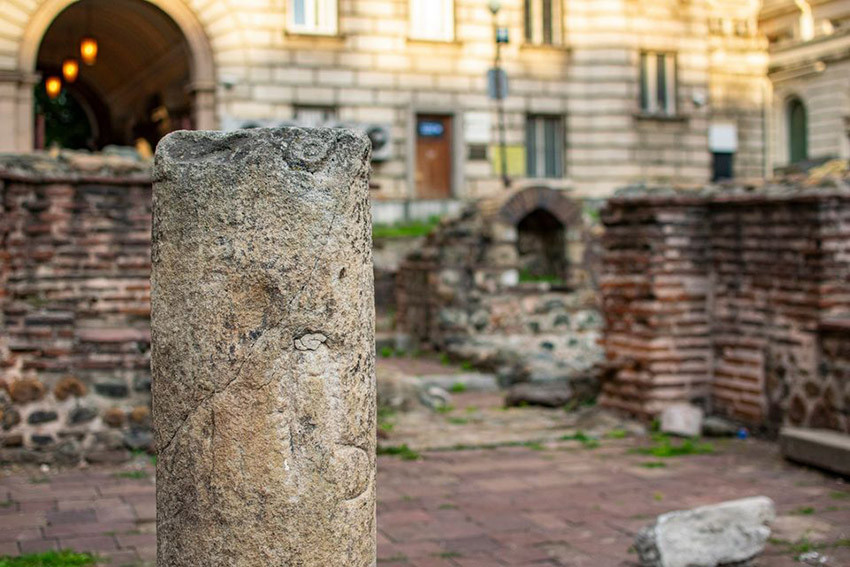
English version: Kostadin Atanasov
Photos: Facebook/@postapkite and BGNESHow to preserve and maintain public trust in media - this is the central topic for participants in the Public Broadcasters International (PBI) 2025 Annual Conference, which is taking place in Sofia. The event, organized..
From today until 28 October, Vidin will transform into a cultural hub to celebrate its patron saint's day - St Dimitar's Day (Dimitrovden). The new festival, “October Arts Days”, features a rich programme combining music, theatre, visual arts, and..
The virtual space where you can find information about Bulgarian restaurants in Berlin, the services offered by Bulgarian craftsmen, as well as addresses and phone numbers of doctors working in the country, is the work of two Bulgarians who settled in..
Robert Joseph Miller, Bulgaria’s Honorary Consul in Nevada, was awarded the prestigious “Golden Laurel Branch” of the Ministry of Foreign Affairs for his..
The Bulgarian team is returning home with four medals from the Youth International Olympiad on Astronomy and Astrophysics (IOAA) , held in the Romanian..
The Association of Bulgarian Schools in America invites children from the Bulgarian community in North America to participate in a..

+359 2 9336 661
